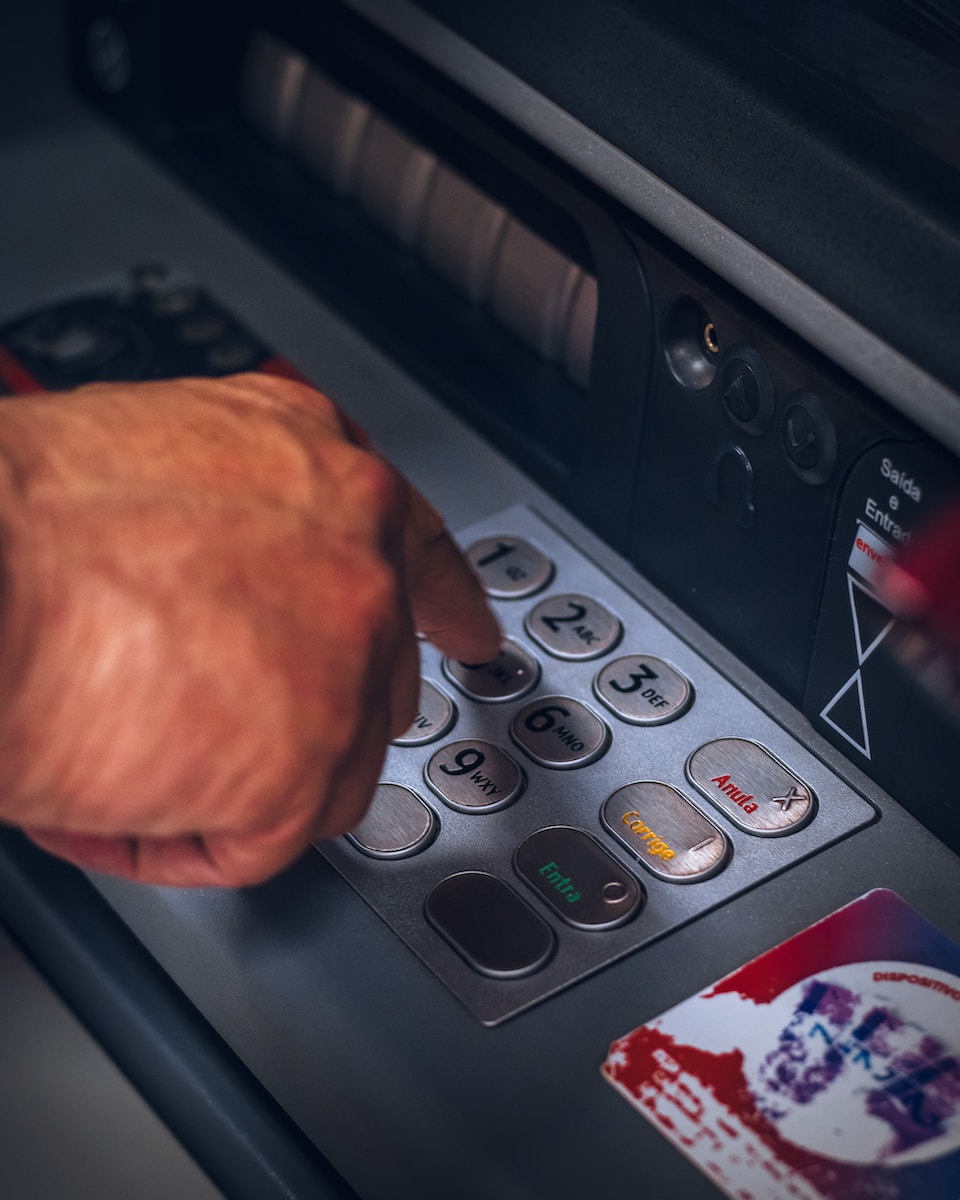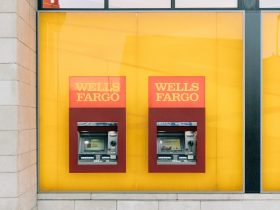Living in a world that’s increasingly conscious of its environmental impact, it’s crucial to consider how our financial choices can shape a more sustainable future. In this era of conscious consumerism, where every dollar spent is seen as a vote for the world we want, the concept of ethical banking has emerged as a beacon of hope, combining the realms of finance and sustainability. As we dive into the depths of ethical spending, let’s unravel the layers of ethical banking and understand how it is redefining the financial landscape with a touch of sustainability and compassion.

The Ethical Banking Landscape
Ethical banking is not just about making a profit; it’s about making a difference. It’s the ethos of aligning financial decisions with ethical and moral values, considering not only the bottom line but also the impact on society and the environment. Picture this: a bank that refuses to invest in industries that harm the environment, respects human rights, and actively supports community development projects. Sounds like a dream? Well, it’s a reality, and it’s gaining momentum across the globe.
Take, for instance, the case of Triodos Bank, a pioneer in ethical banking. They actively support renewable energy projects, sustainable real estate, and social enterprises, redefining what it means to put your money where your values are. With a strong emphasis on transparency and accountability, they have set the bar high for the banking sector, proving that profitability and sustainability can go hand in hand.
Sustainable Investments with a Purpose
Ethical banking isn’t just about avoiding the negatives; it’s also about actively seeking positive impacts. One of the prime focuses of ethical banks is to channel funds into sustainable and socially responsible projects. From financing organic farming initiatives to supporting fair trade cooperatives, these banks are actively involved in nurturing a more sustainable and equitable world.
Consider the story of how Beneficial State Bank in the US is providing financial services to underserved communities, promoting economic justice and environmental sustainability. By providing loans to small businesses that align with their values, they are actively fostering a more inclusive and sustainable economy. This exemplifies the power of ethical banking in fostering positive change from the grassroots level.

Impactful Initiatives in Ethical Banking
Ethical banks are not just limited to providing financial services; they are actively engaged in a range of initiatives that promote sustainability and social welfare. From advocating for policy changes that align with sustainable development goals to providing educational programs on financial literacy and sustainable investments, these banks are catalysts for change in their communities.
In the UK, the Ecology Building Society is a shining example of how ethical banking can lead the charge towards a greener future. With a strong commitment to environmental sustainability, they provide mortgages and loans for properties and projects that prioritize energy efficiency and ecological building practices. Their initiatives not only promote sustainable living but also empower individuals and communities to make environmentally conscious choices.
Challenges and the Road Ahead
While ethical banking is gaining momentum, it is not without its challenges. The mainstream financial sector often operates with a profit-first mindset, creating barriers for ethical banks to compete on an equal footing. Additionally, defining what constitutes ethical banking can be a subjective matter, leading to varying interpretations and standards across different institutions.
Furthermore, there’s a need for greater awareness among the general public about the importance of ethical banking and how it can drive positive change. Educating individuals about the impact of their financial choices and encouraging them to prioritize ethical values in their banking decisions is pivotal in fostering a more sustainable and socially responsible financial ecosystem.
Embracing Ethical Banking: A Personal Journey
For those of us navigating the intricate world of finance, embracing ethical banking can be a transformative personal journey. It’s not just about the numbers; it’s about understanding the impact of our financial choices on the world around us. As I began my quest for ethical spending, I found solace in knowing that my money could be a force for good, supporting initiatives that resonate with my values and beliefs.
I remember the joy of discovering community development projects funded by my chosen ethical bank, knowing that my savings were contributing to a brighter future for those in need. It’s the small yet significant moments that remind us of the power of ethical banking, where each dollar spent becomes a catalyst for positive change and a testament to our shared responsibility towards the planet and its inhabitants.
Conclusion
Ethical banking is not merely a trend; it’s a transformative movement that has the potential to redefine the future of finance. It’s a reminder that profits can be pursued with purpose, and money can be a tool for sustainable development and social change. As we embrace the concept of ethical spending, let’s remember that each financial decision we make has the power to shape a more sustainable and equitable world for generations to come. Let’s choose ethical banking, not just for our wallets, but for the well-being of our planet and its people.
As we navigate the intricacies of the financial world, let’s embark on this journey of ethical banking together, where profits meet purpose, and sustainability becomes a cornerstone of our financial decisions. It’s time to make each dollar count and pave the way for a brighter and more sustainable future—one transaction at a time.
































